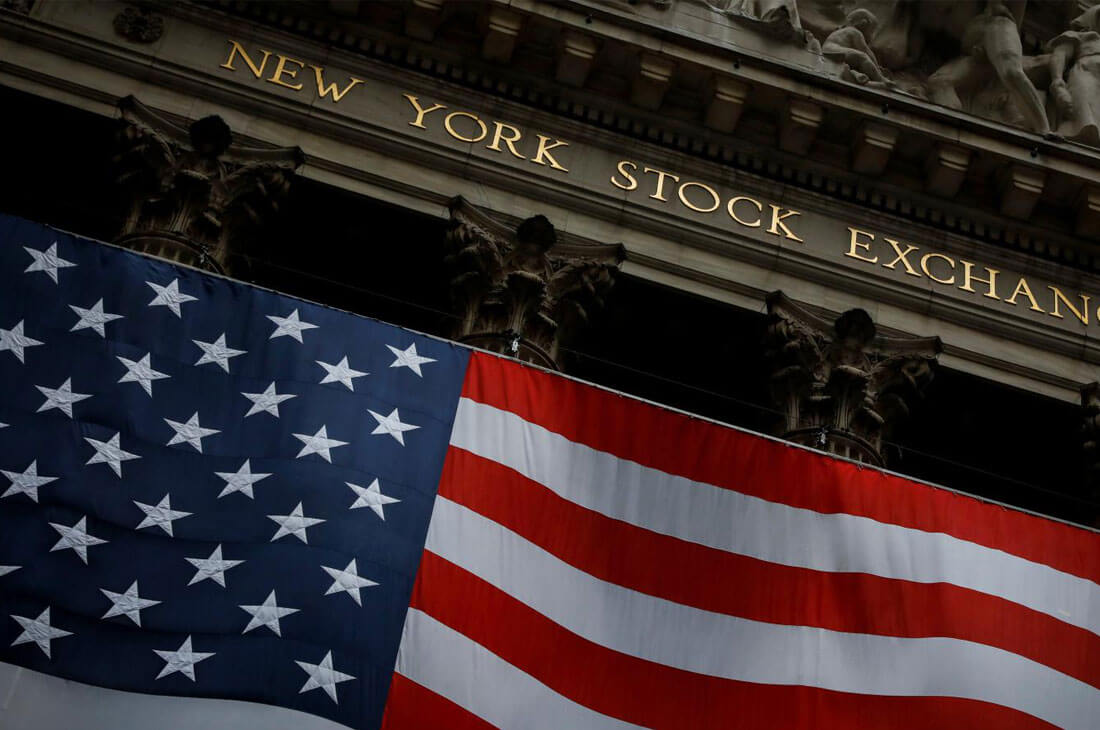U.S. equity futures are trading reduced significantly ahead of the Thursday Wall Street session.
One announcement that could set the stage for the trading day would be unemployment claims. The Labor Department is likely to say the number of requests for unemployment benefits dropped for a second week to 1.12 million, down from 1.186 million the week before. That would be the lowest in almost five months, but would also mark the 21st week in which claims have reached 1 million. Since the coronavirus lockdowns began in mid-March, some 55.32 million people have filed for unemployment benefits.
Also on tap will be import and export prices for July. Economists surveyed by Refinitiv are looking for import prices to increase by 0.6%, less than half the rise in June. Export prices anticipated rising by 0.4% from June.
In Europe, London’s FTSE is down 0.9%, Germany’s DAX is off 0.2%, and France’s CAC declined by 0.2%.
Asian shares were usually higher on Thursday. They were applauded by the rally on Wall Street, expected a boon for export-driven regional economies, even as investors are concerned about the coronavirus pandemic.
Asian Stocks
Japan’s benchmark Nikkei jumped 1.8%, Hong Kong’s Hang Seng slipped 0.1%, and China’s Shanghai Composite index was flat.
Stocks marched broadly higher in the Wednesday session, shortly pushing the S&P 500 above its all-time closing set in February before the global pandemic led to a historic market drop.
The S&P keeps rising.
The S&P 500 rose 1.4% to 3,380.35. The Dow Jones Industrial Average gained 1% to 27,976.84. The Nasdaq composite, which is heavily weighted with technology stocks, climbed 2.1% to 11,012.24.
The U.S. stock market is will probably erase the losses taken after the coronavirus pandemic crushed the economy into recession, even though it is still hobbling despite some recent improvements.
Much of the pick up has been due to large amounts of support from the Federal Reserve, which has cut back interest rates to almost zero and supported far-ranging corners of the bond market to maintain the economy steady. The significantly-low interest rates mean investors are getting paid very little to own bonds; Thus, it pushes some into stocks, boosting their prices.
Congress has also offered unprecedented amounts of aid, though it’s hit a seeming impasse in negotiations for a new stimulus spending package.
In another trading, benchmark U.S. crude slipped 2 cents to $42.65 per barrel in online trading on the New York Mercantile Exchange. It rose $1.06 to $42.67 a barrel on Wednesday.











